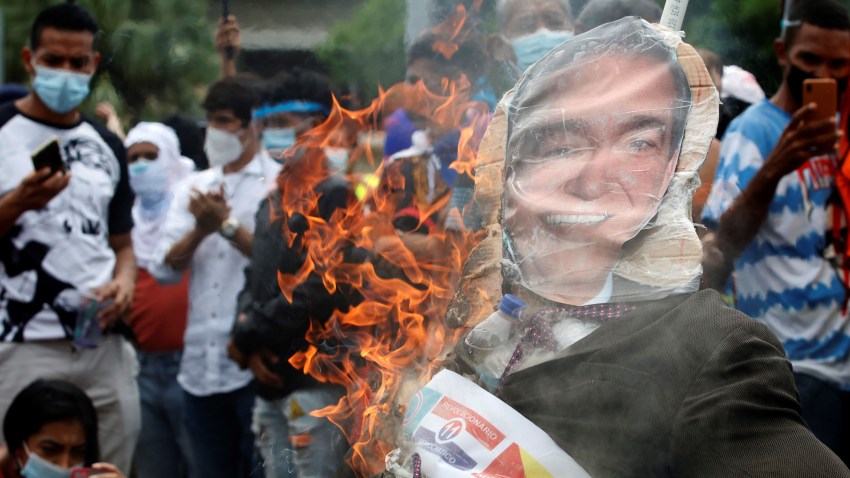With roughly a year to go before Panama’s next general election scheduled for May 2024, Panamanians are broadly frustrated with the country’s current conditions. During a weeklong visit last month, government officials, academics and others I spoke with expressed concerns over insecurity, the economy, corruption and the stalled completion of popular infrastructure projects. Panamanians generally believe that their country is headed in the wrong direction and are skeptical of the major political parties’ ability to deliver a positive change.
For their part, Panama’s political elites are engaged in negotiations to create alliances and partnerships ahead of the party primaries in June and July. While domestic pocketbook issues are dominating public discourse, the outcome of next year’s election will also have major implications for Latin America and the U.S., given Panama’s significance as a regional financial and logistics hub.
As in many other countries in Latin America, the coronavirus pandemic pushed many Panamanians into poverty. The spike in the price of food and other essential commodities fueled by Russia’s invasion of Ukraine exacerbated those conditions, hitting the poorest Panamanians hardest. Panama’s worsening economy, including its skyrocketing inflation rates and living costs, triggered major anti-government protests last year, shutting down the country’s main east-west highway in July. In response, the government announced that it would subsidize fuel, medicine and electricity prices to help combat inflation caused by Russia’s invasion of the Ukraine. It also sought to avoid any provocations or violent confrontations between security forces and the demonstrators, in the hope that the protests would fizzle out.

